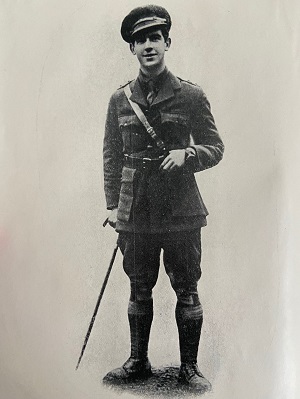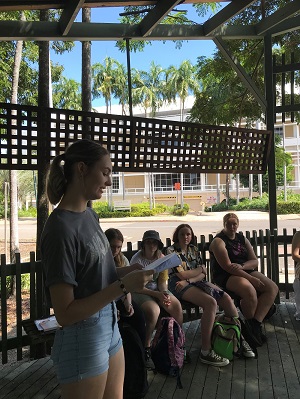
Divisions
-
Community Partnerships and Priorities
- Aboriginal Partnerships
- Child and Youth Wellbeing
-
Community Policy and Engagement
- Advisory groups
- Centenary of ANZAC
- Companion Card Program
- Concessions Guide
- Prevention of Family and Sexual Violence
- International Women's Day
- Frank MacDonald Memorial Prize
- Significant Tasmanian women
- Tasmanian Honour Roll of Women
- Women on Tasmanian boards and committees
- Veterans Programs
- Seniors Card
- Tasmanian Carer Action Plan
- Older Tasmanians
- LGBTIQA+ Tasmanians
- Volunteering
- Multicultural Tasmanians
- Food Relief to Food Resilience
- People with Disability
- Women
- Community and Disability Services
- Community Grants
- Contact
- Digital Strategy and Services
- Office of Local Government
- Office of Parliamentary Counsel
- Office of Review and Evaluation
- Office of the Secretary
- Resilience and Recovery Tasmania
- Corporate and Government Services
- Policy Division
- Service Tasmania Unit
- State Service Management Office
Contact Details
By phone
Find the number of a specific division or office to contact them directly or call Service Tasmania on 1300 135 513.
Our staff
Use the Tasmanian Government Directory to find staff contact details
Social media
Follow our social media accounts to keep up to date with specific programs and initiatives.
Norman Richard Meagher


Lieutenant Norman Richard Meagher (above left) was researched for the Frank MacDonald Memorial Study Tour 2022 by Chloe Brittain, of St Marys College.
Norman Richard Meagher was born on 14 January 1896 in Hobart, Tasmania. He attended St Marys College for five years. Where he later attended Hobart College and then the University of Tasmania and studied law. Norman was also a gifted musician (he played the trumpet) he was a great writer, a well-educated and all-rounder type of boy. He then left university to join the war in 1915, he was 18 years old at the time. He joined the 40th Battalion, where he made Company Sergeant Major. He left Hobart with the 40th Battalion on 2 July 1916.
It's heartbreaking to read Norman's own words about his departure. His father remembers Norman giving a great recruitment speech at a football game at Hobart's Top Cricket Grounds, when he led a swarm of young men to enlist, and his excitement at being accepted. In his father's face, he saw "a look of pride and sacrifice."
Norman wrote “I never thought till afterwards how hard hit he would be at losing me, but I did know then how proud he was of my resolve to go forth and do my duty.
And later, my dear mother, as she signed the form giving her consent, her tears blotting the ink…’
Norman's mother accompanied him to Port Melbourne to bid him farewell: 'it was a heart-breaking ordeal,'
Norman's creative abilities and high intellect are evident in his letters home and short stories, which is more tragic given that he was never given the opportunity to realise his full potential. Many of his letters are written in the lofty Edwardian language of the period, reflecting Norman's firm belief that the fighting men of Australia were defending Britain's Home Country. His writing is full of appropriate English language, indicating his great literary background and sharp thinking. His thoughts frequently travel to his home, and he often displays his deep love and respect for his parents.
After landing in England, the 40th Battalion was stationed on the Salisbury Plain. Norman enjoyed visiting London during his trip, where he saw an opera and other musical performances. He survived a Zeppelin attack over London during one of his visits there.
Norman's war then took him to France, where he experienced the horrors of trench warfare. He made it through the terrors of Flanders and Messines. He doesn't hold back when it comes to depicting the reality of battle: he wrote:
“Dying men, gasping in the agonies of gas, throwing their arms around my legs as I pushed my way along at the head of my lads to the jumping off point, and imploring me to shoot them and put them out of their misery.”
Norman was shot in the heart by a sniper at Ypres on the morning of 4 October 1917, as he led his unit over the top of the trenches towards the enemy. Later, his commanding officers sent the letters that Mr Meagher had wrote to his family.
“Dear parents and Little Mick,
This letter is only to be sent on if I “come a cropper” in this stunt. In a few days I ‘go over the bags in charge of a company but hope to get through all right.
If I do not, well, my love and thanks for your tender care and thought of me, dear people, and rest assured that I went out game.
I have no time for a longer letter, and I really do not think, with the Almighty God’s tender care to guide me (though, perhaps, I do not deserve it), that this letter will have to be sent.
Love, dearest all,
Norm"
